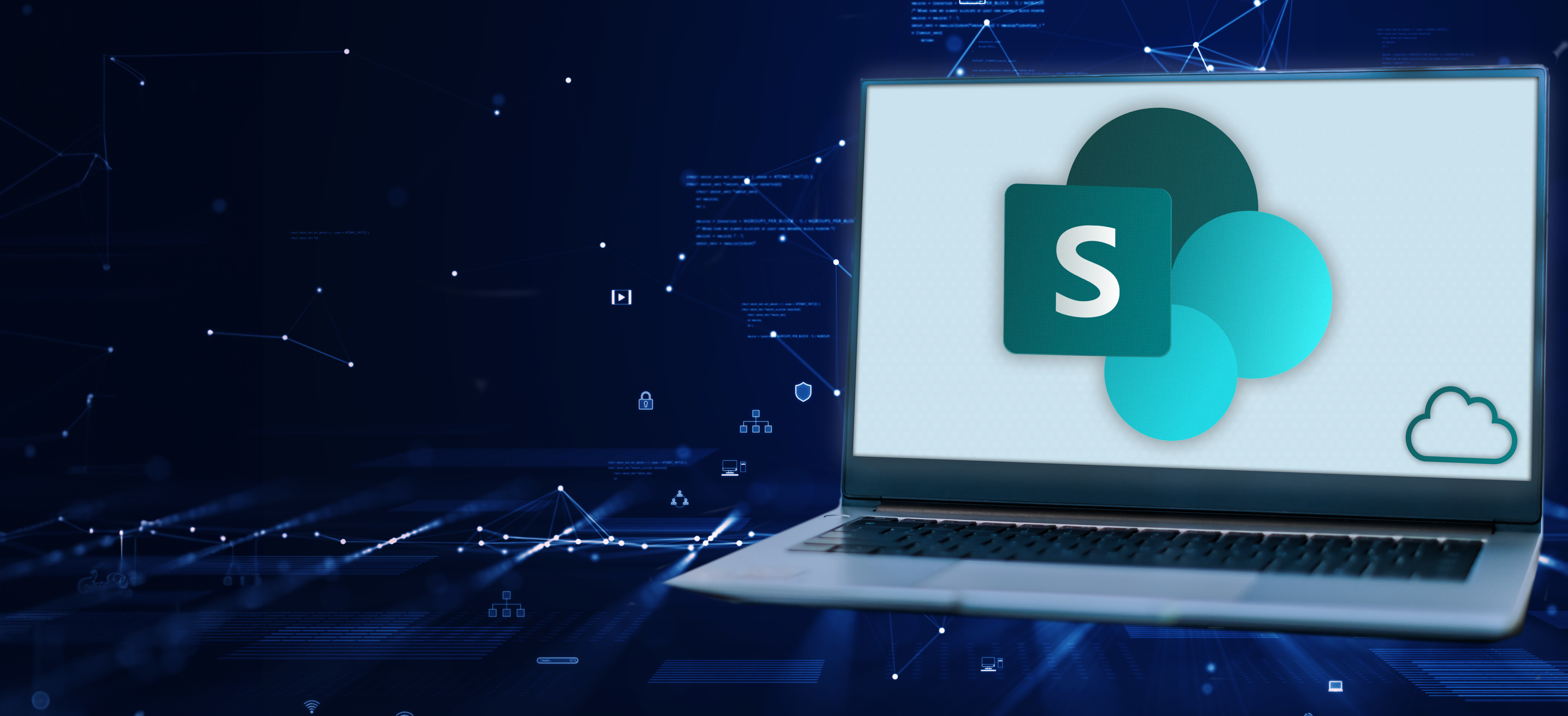Generative AI models aren’t just speculative science fiction anymore. It’s important to be cautiously optimistic in this pivotal moment, as many companies and individuals explore the role that AI models may play in society. As with any game-changing technology, it’s necessary to consider the historical view, as well as to understand our roles in building a brighter, better future.
The brilliance of the technologies of today’s second machine age is on full display. Generative Artificial Intelligence (AI) is one of the most remarkable innovations in recent years. It has the potential to transform our lives in countless ways – from boosting our productivity to providing personalized healthcare – and even creating virtual assistants that can provide a natural language interface.
ChatGPT, one of these Generative AI models, appears to be the first step across the transformative threshold for entire industries. Many are excited and many are fearful. It’s important to examine our initial reactions to create a better understanding of this technology and where it may lead.
Looking back at the industrial revolution and the first machine age in the late 1700s, we find similarities to today’s response. Many critics of industrialization believed that the capitalist system would inevitably replace human labor with machines. Industrialization did in fact replace certain types of labor, but new opportunities for employment materialized; people adapted to the new conditions driven by industry.
During the industrial revolution, remarkable physical engines augmented the capabilities of the human body. Today, the ongoing computing revolution of the second machine age is focused on augmenting human minds – and Generative AI is the perfect case study. Let’s evaluate it with an open mind.
The cautiously optimistic technologist ethicist in me calls for the following considerations.
First – We all must take the time to make responsible AI. At the very least, we should understand the ethical considerations involved in the development and deployment of AI technology so that we can ensure that they are safe, fair, transparent, and accountable.
Second – What is Generative AI, and what is the big deal? Generative AI is a field of machine learning (ML) technology that learns to guess the correct output from user input by using massive training datasets. It can output content of all types, from textual narratives, music, and even visual art. However, a Generative AI model cannot perform the broad-reaching intellectual tasks that humans perform as its focus is primarily on generating content within a specific medium. The limited scope of current Generative AI models is known as a “Narrow AI,” aka “Weak AI”, compared to the more generalized knowledge pursued by the conceptual “Artificial General Intelligence (AGI),” or “Strong AI” models speculated during the 1950s.
Third – What does all this mean for society? As with any new disruptive technology a balanced mindset allows for the analysis of potential benefits and risks. We find ourselves in a time of great uncertainty and upheaval with the availability of Generative AI to the general public for free or low cost.
As we navigate the uncertainty about Generative AI’s role in society, I hope we can approach it with curiosity. Keeping an open mind and seeking ways to harness AI’s power for the greater good will allow us to make an informed decision about its uses and applicability based on numerous capabilities and constraints.
There are several ways to learn and evaluate Generative AI, starting with ChatGPT, a platform immediately available to probe for its abilities and limitations. In addition to ChatGPT, you can explore other Generative AI solutions through resources such as Base10, which provides a wealth of information and tools to help you learn more about the latest trends and developments in the field of Generative AI.
Advanced users looking to explore AI development, OpenAI APIs, and Azure Open AI Services can find advanced features and tools to help create robust and scalable AI solutions. A recent development is the availability of OpenAI’s ChatGPT and Whisper models to developers through API, ten times cheaper in monetary cost than the existing GPT-3.5 models. These services are designed to integrate with systems and workflows, so you can start building and deploying advanced AI solutions quickly and easily.
In conclusion, I would like to leave you with this thought. Modern technology will continue to evolve at a rapid pace, with increasingly advanced capabilities becoming accessible to the public. As early adopters, we should work to maximize its positive impact while minimizing any adverse consequences. By doing so, we can set an example for others to follow and help to realize the full promise of Generative AI.
Chanaka Perera is Chief Technology Officer at LCG.






